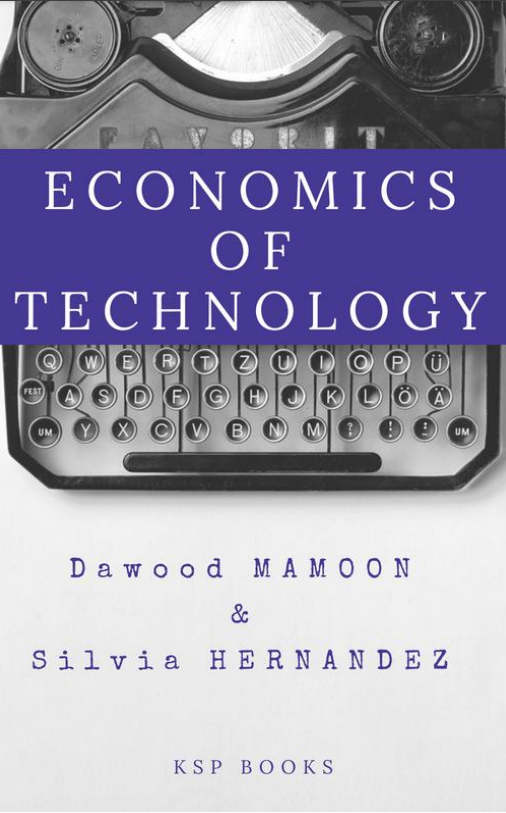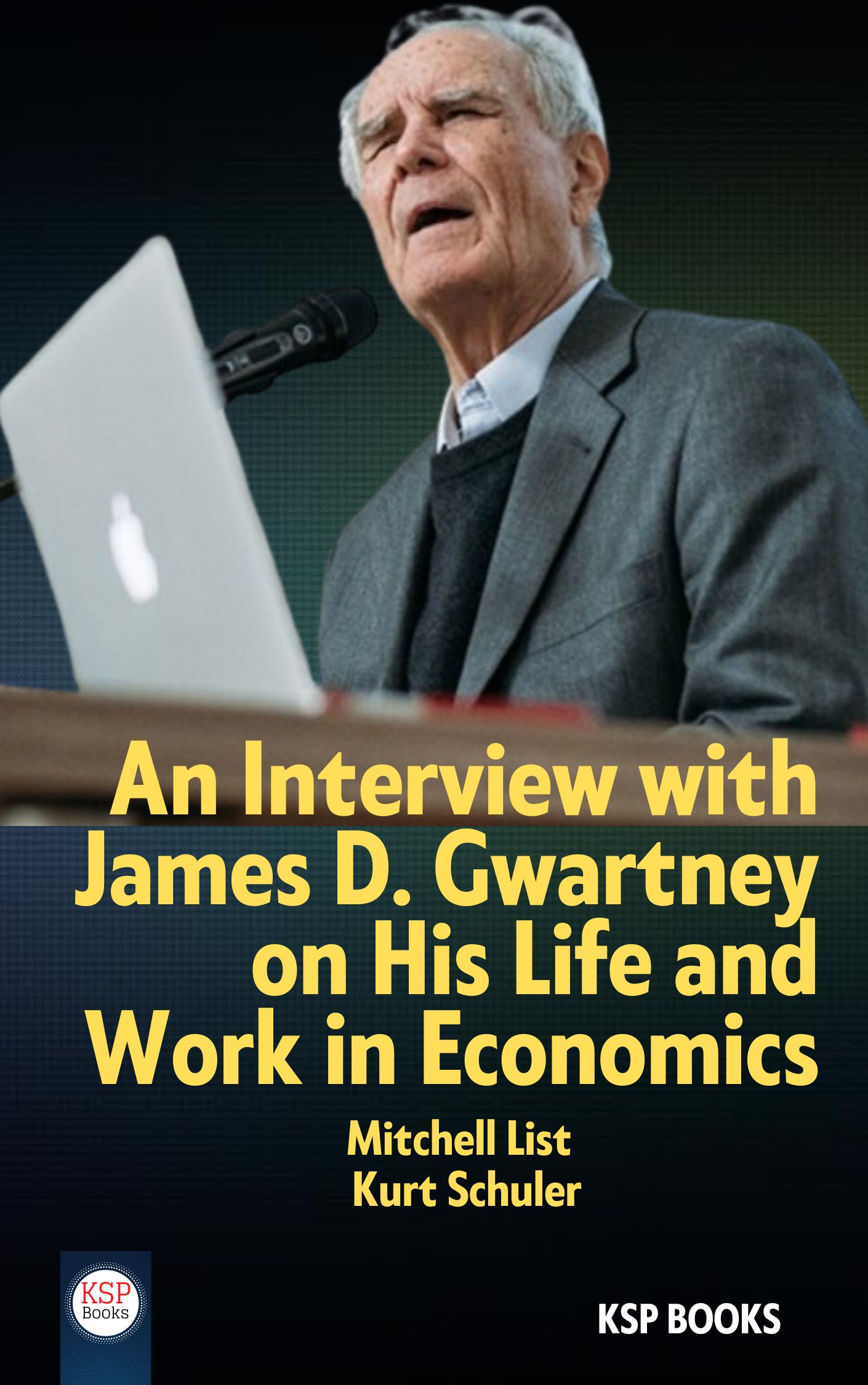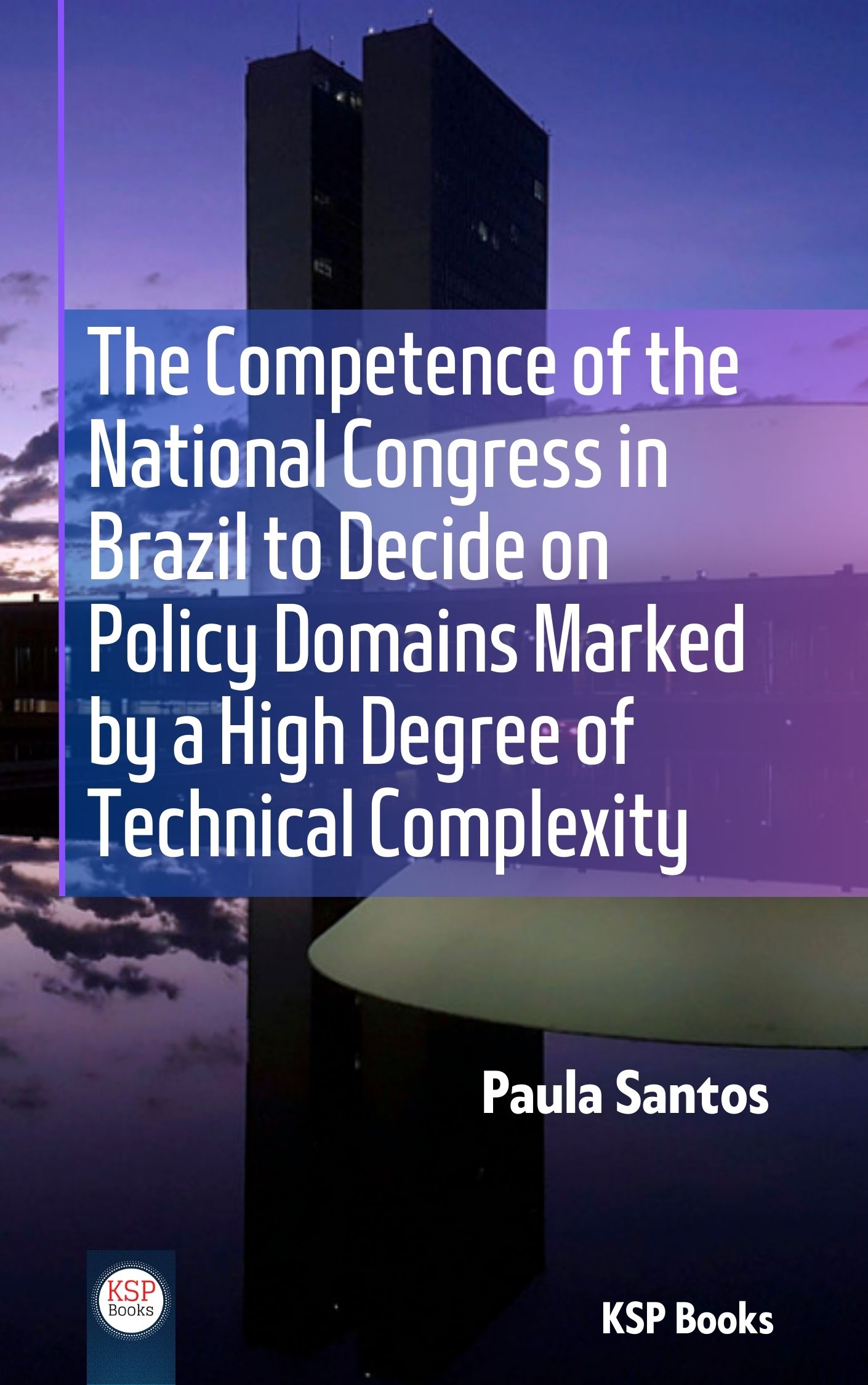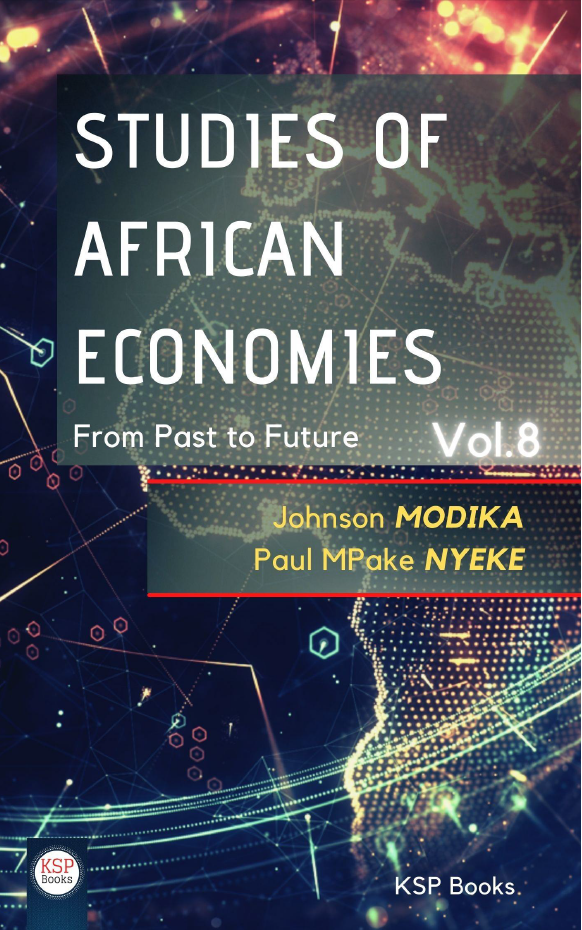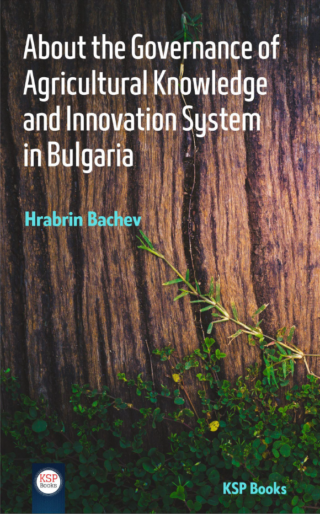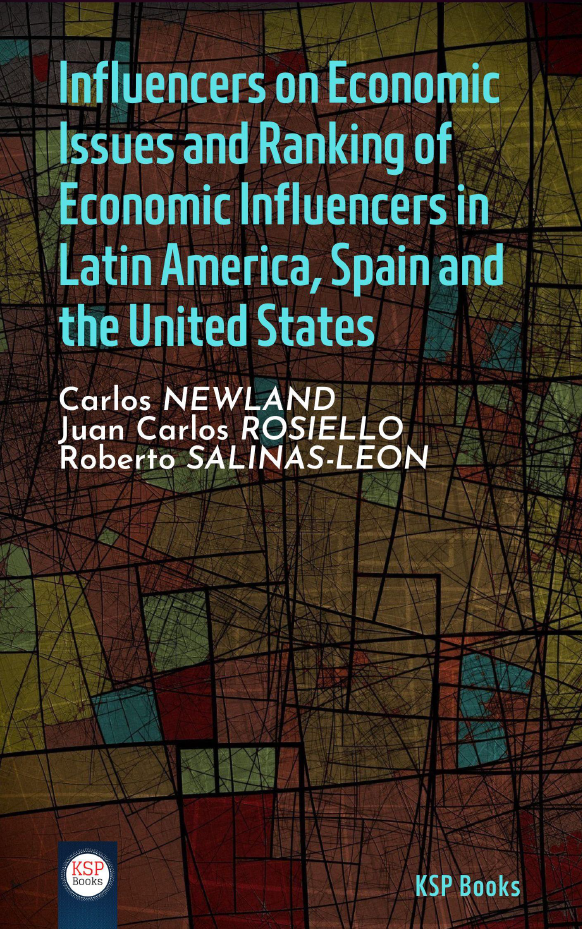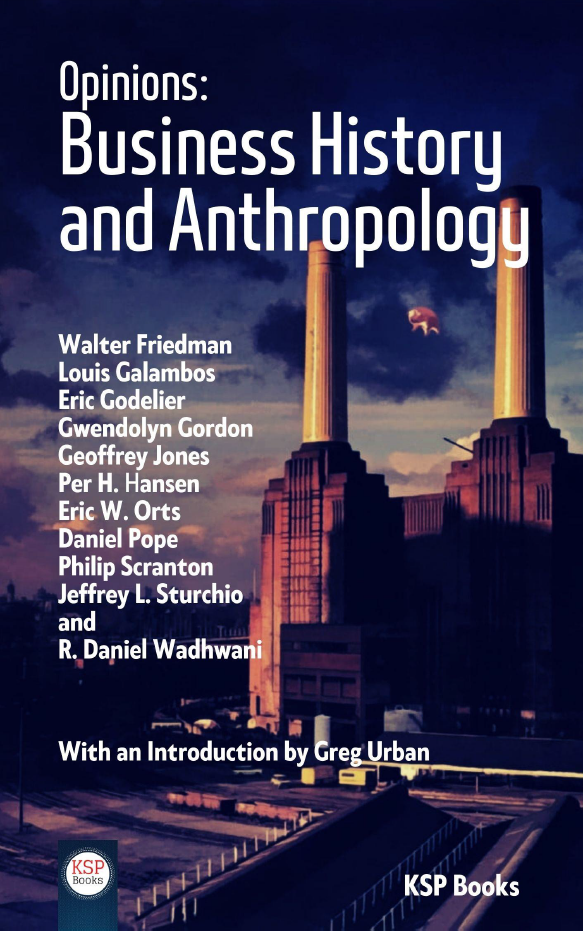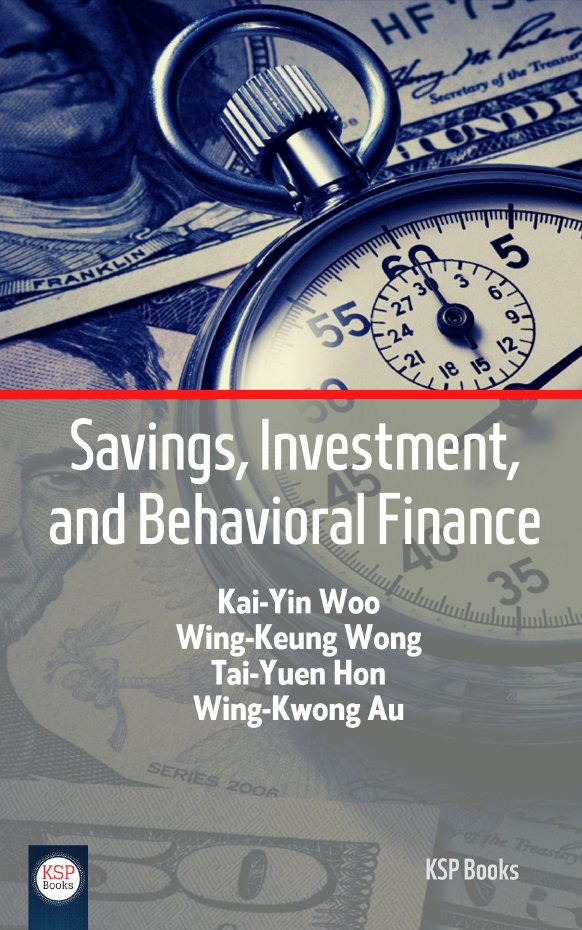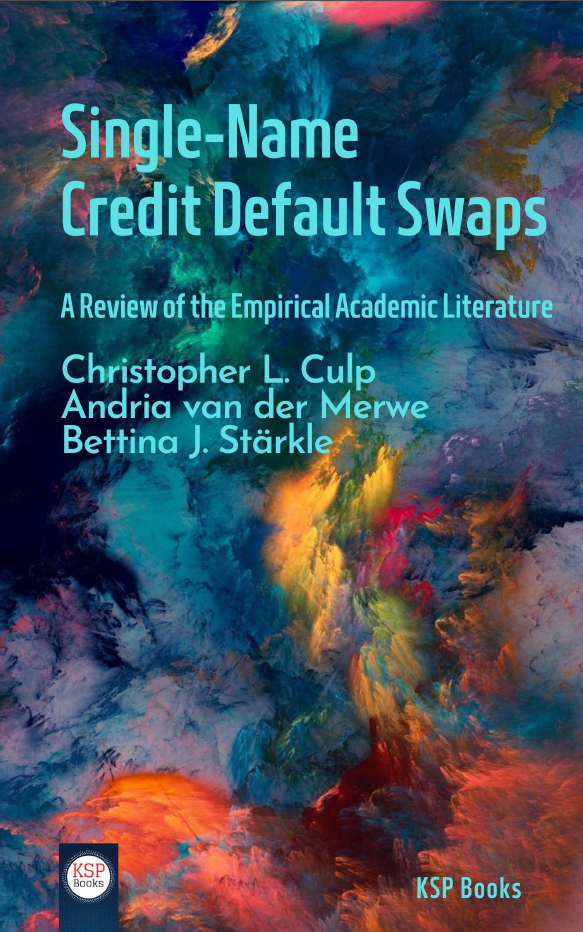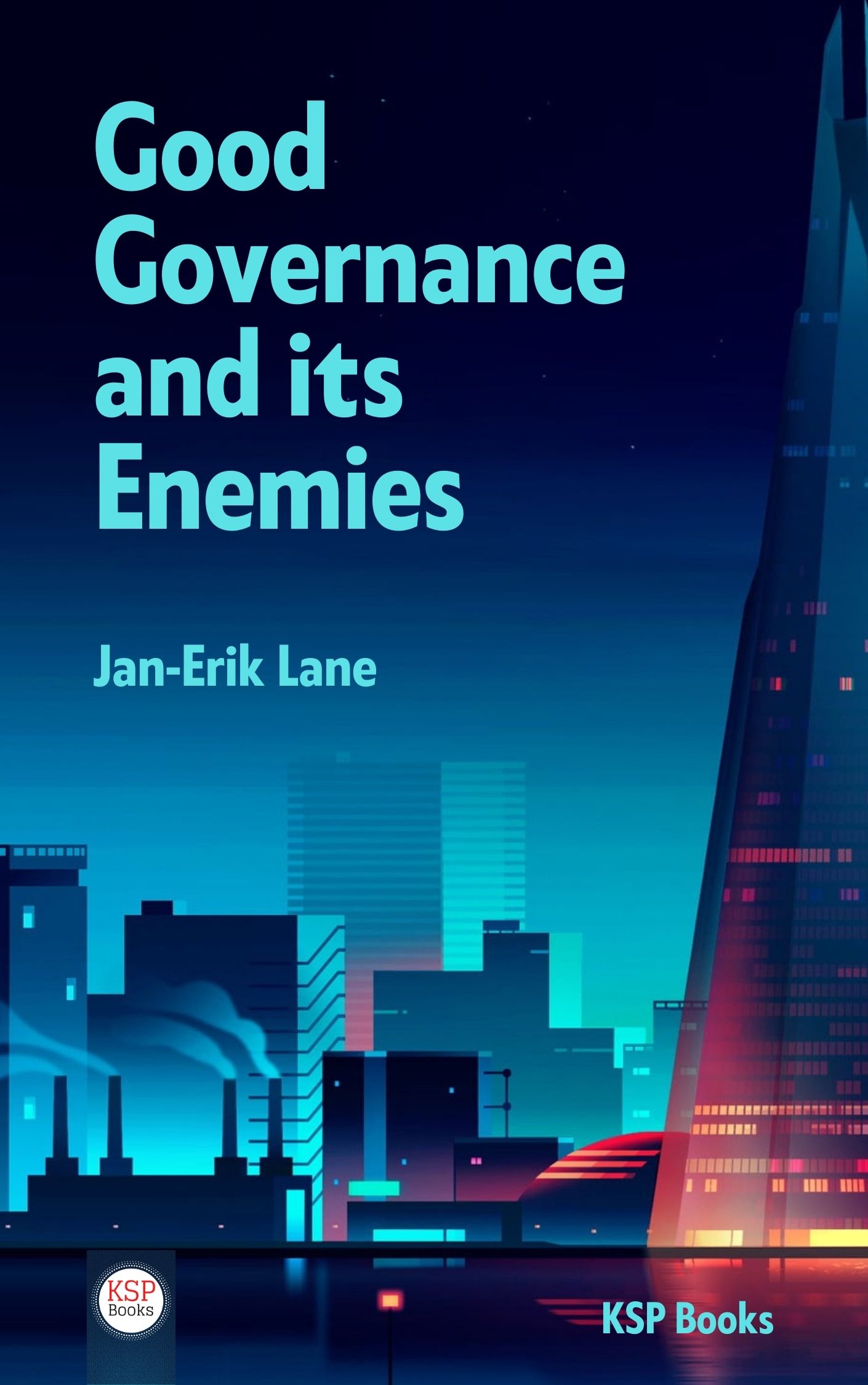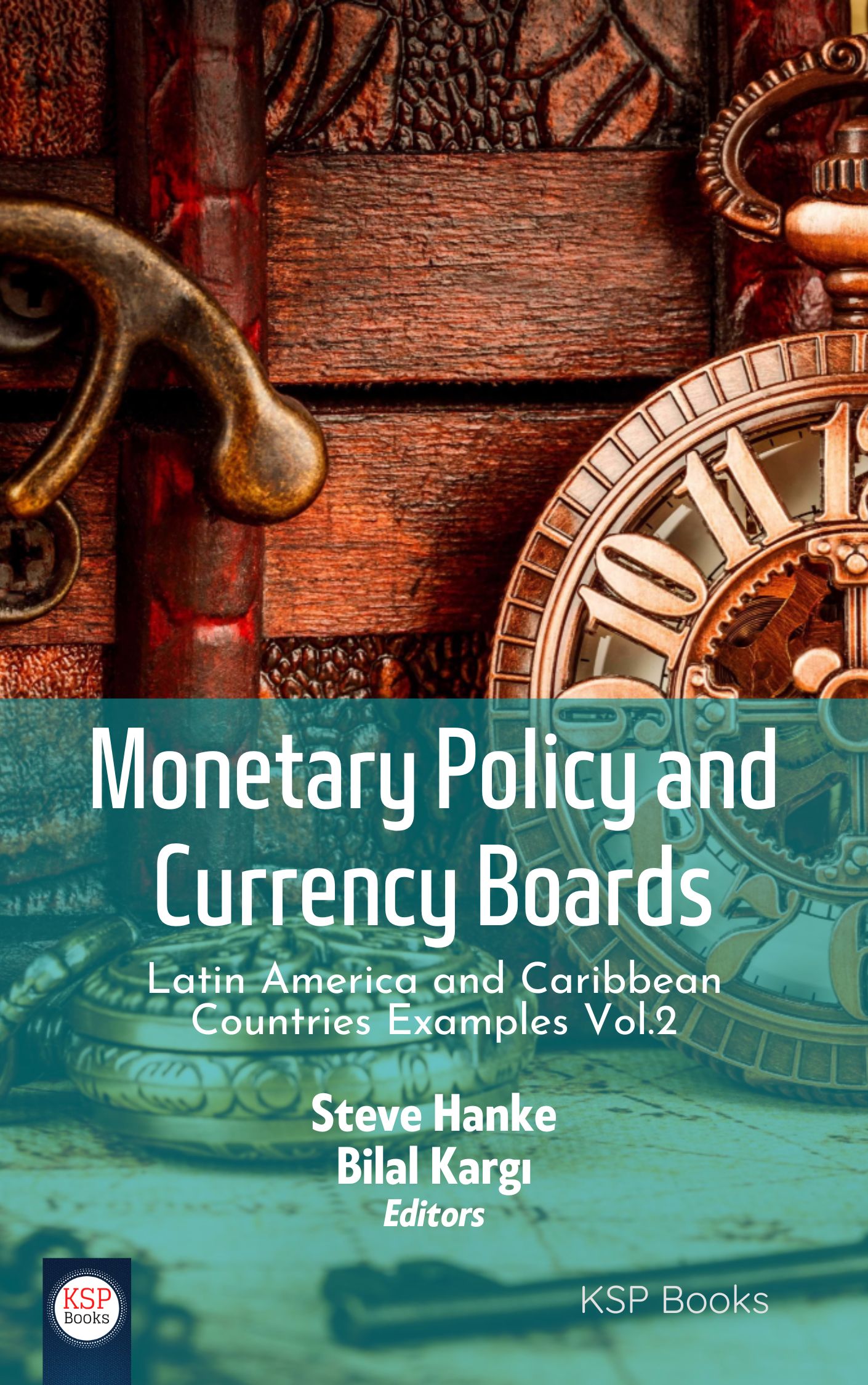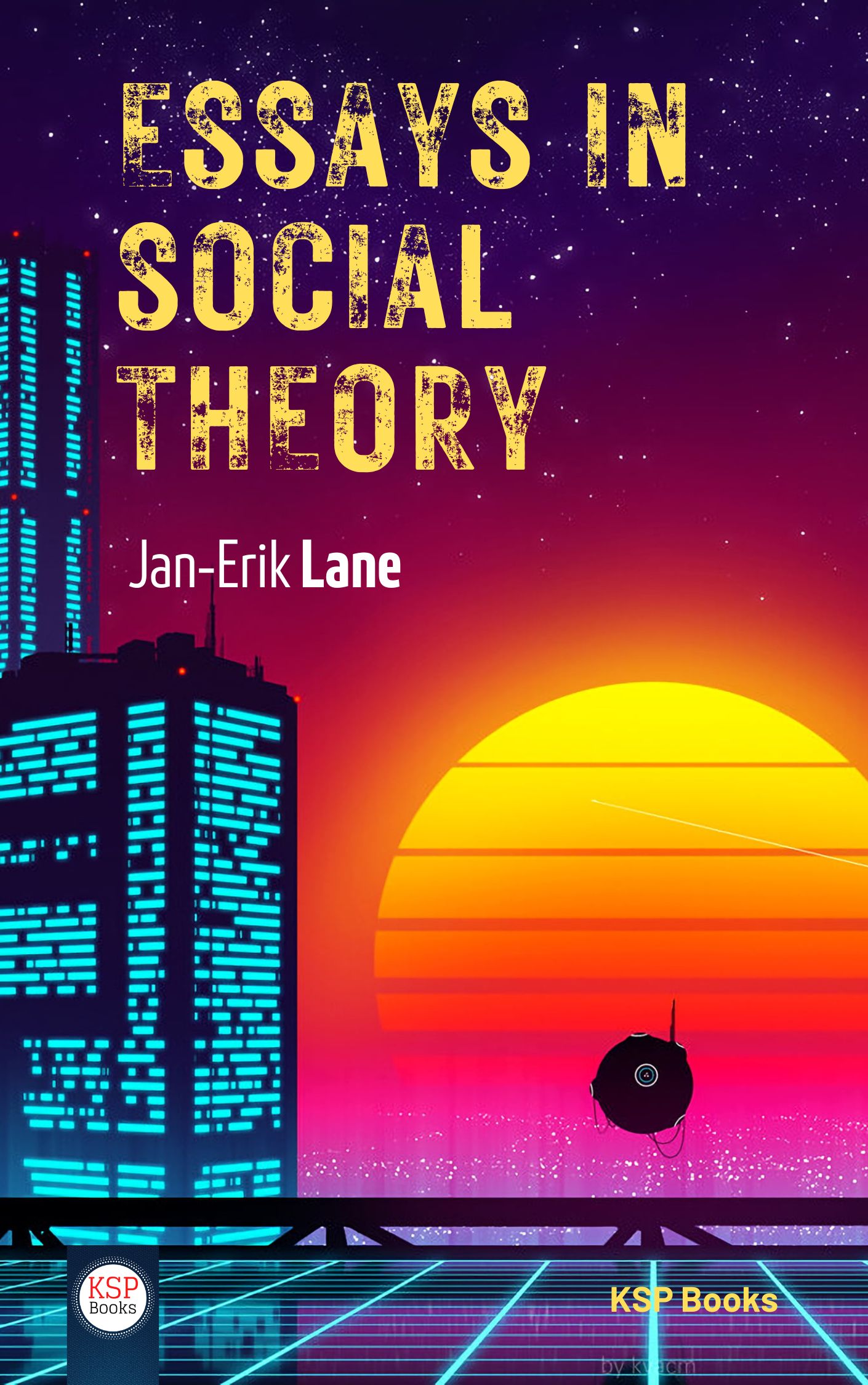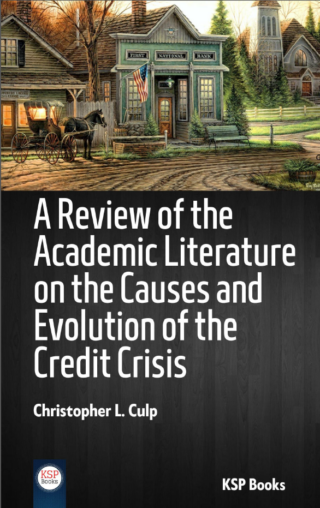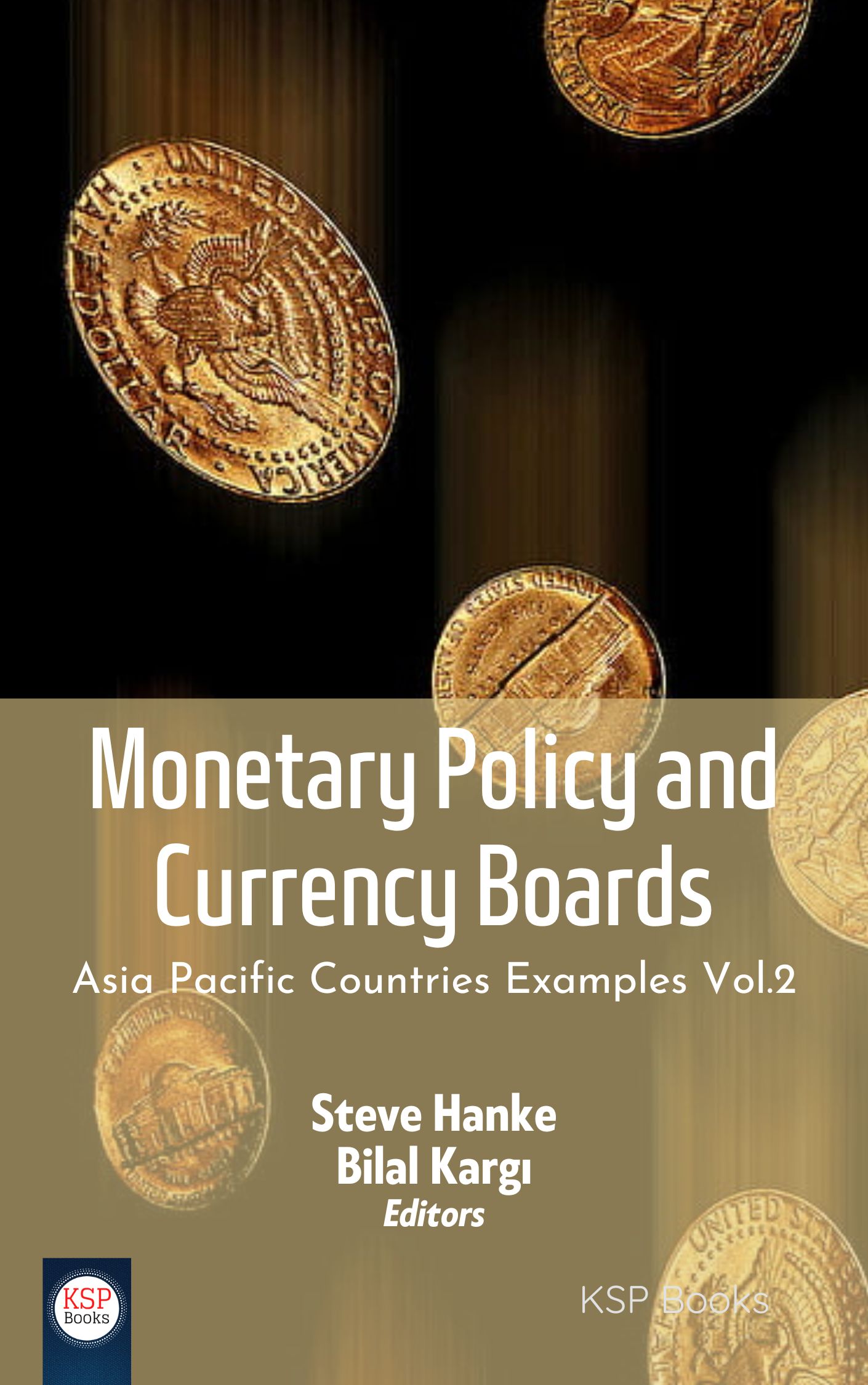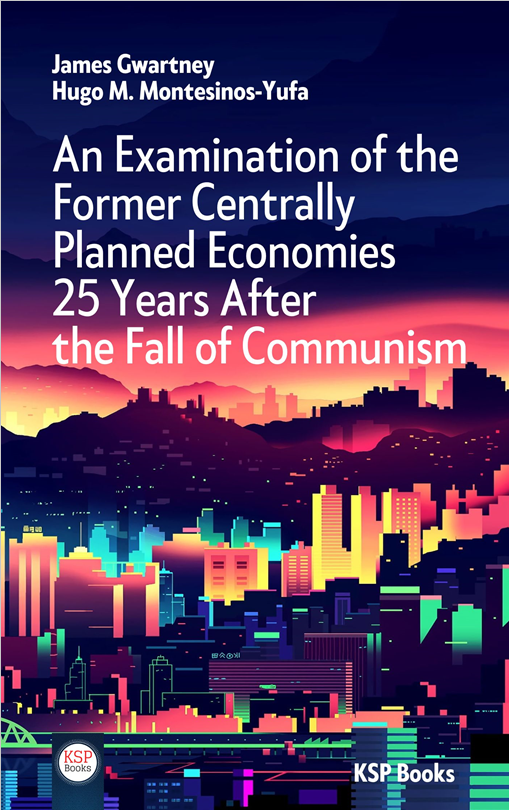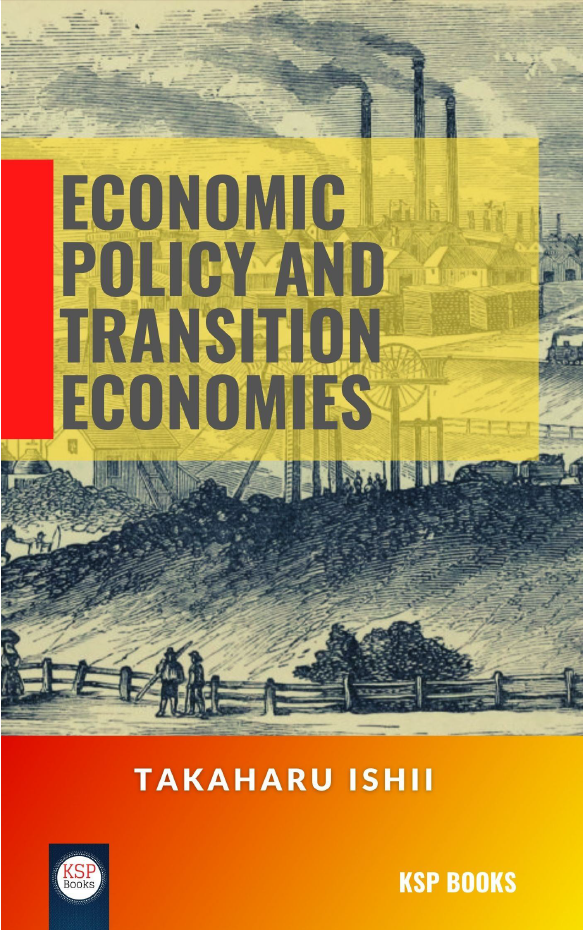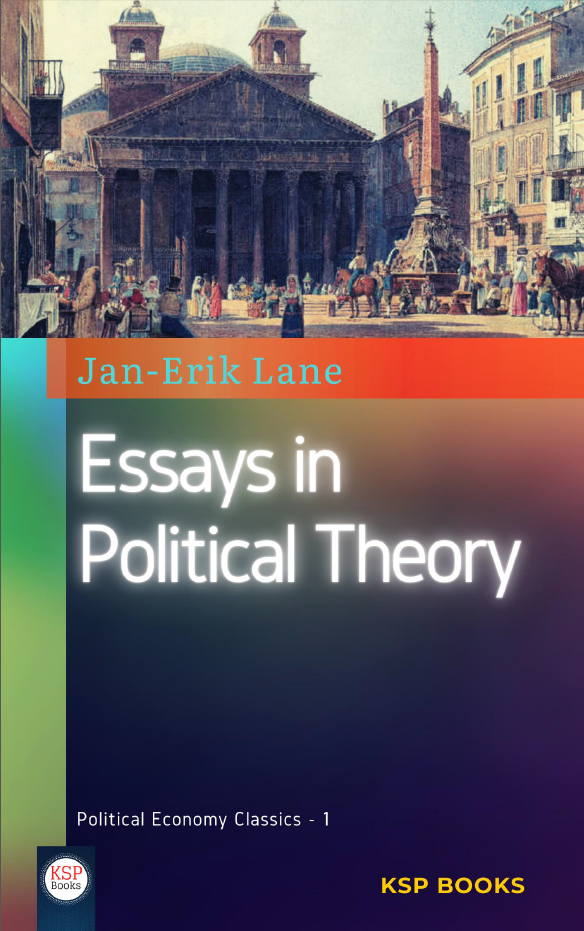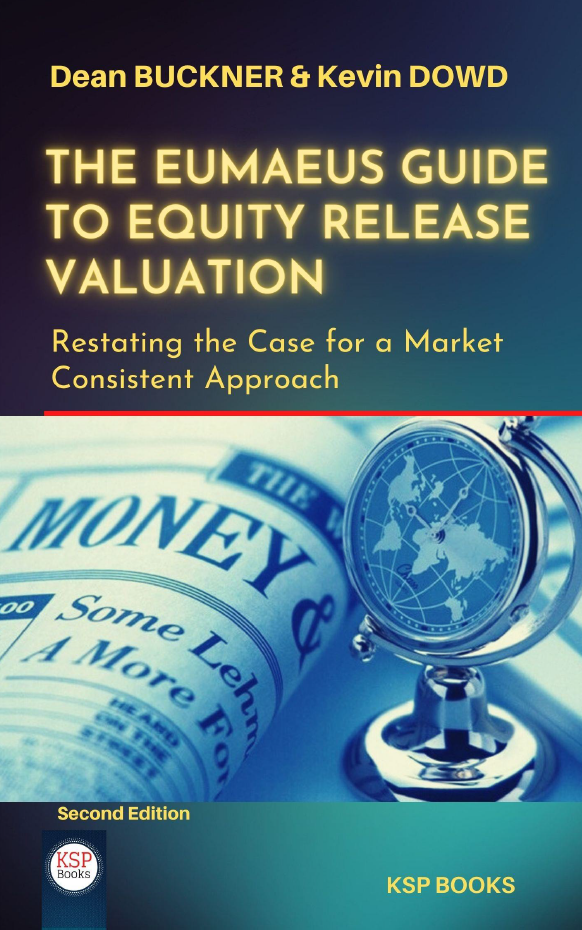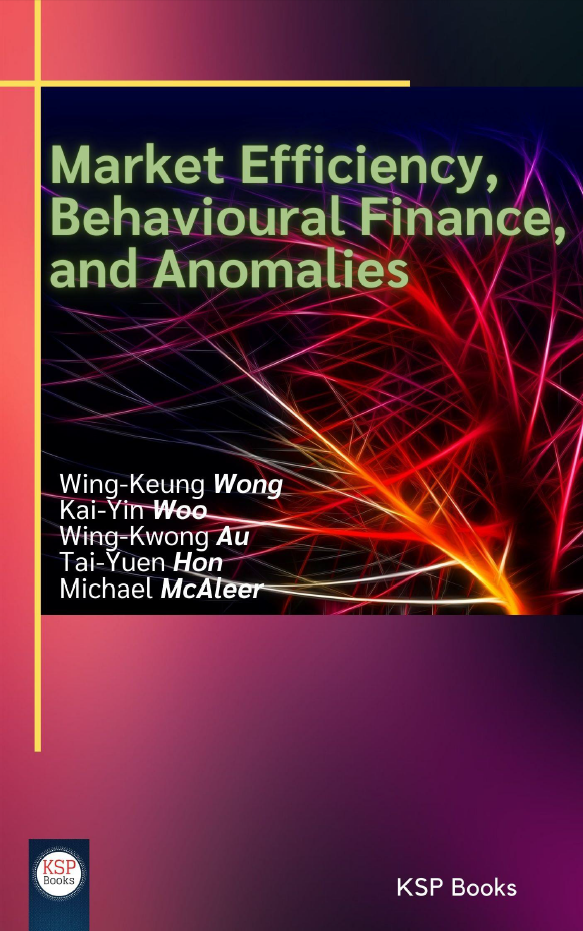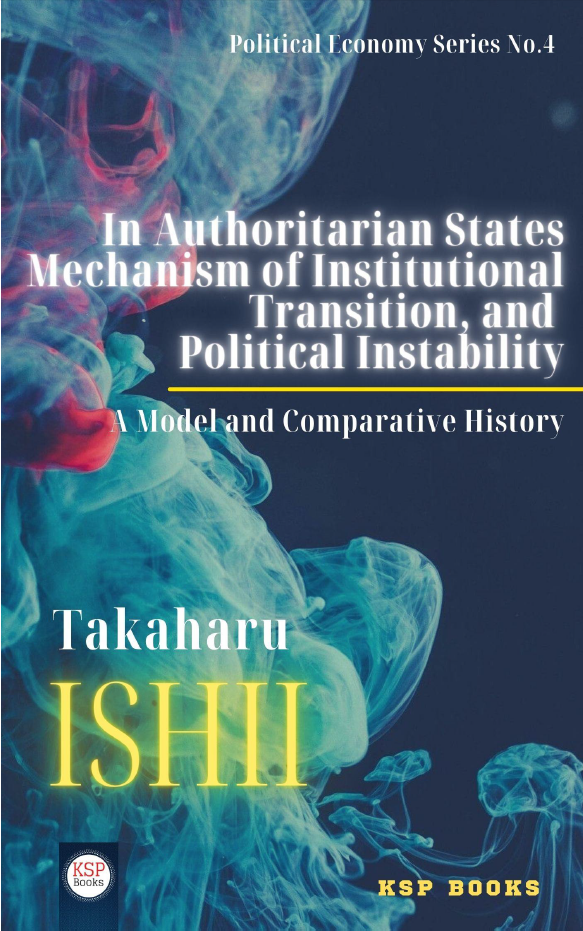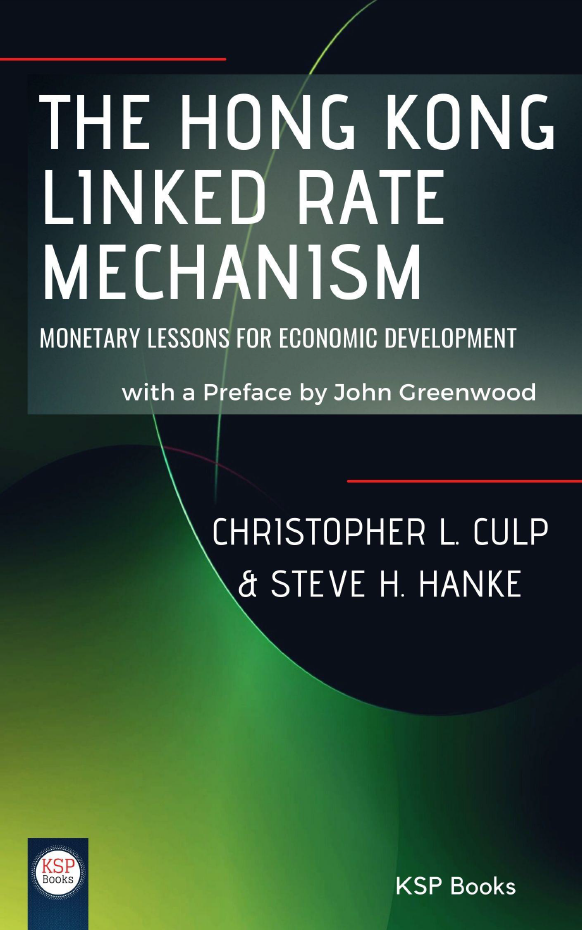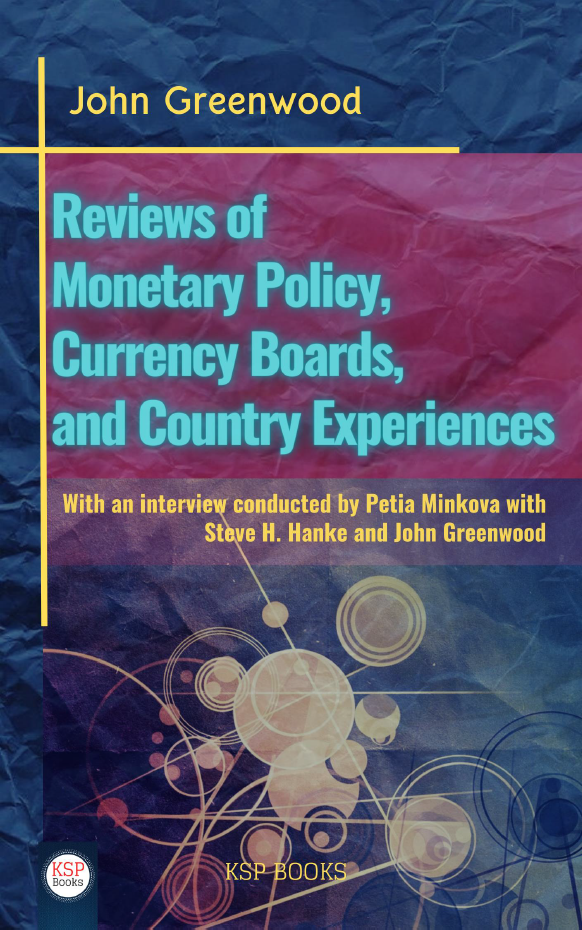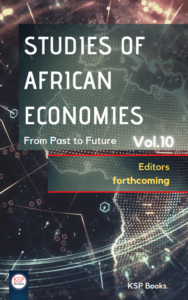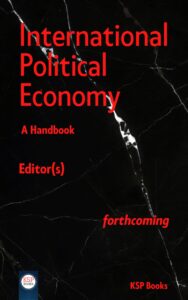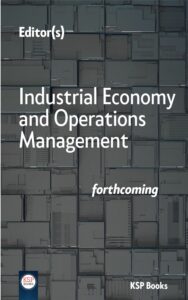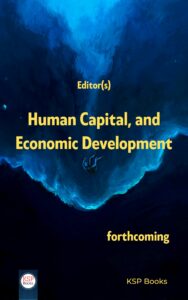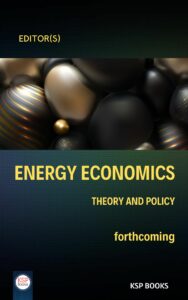By
Dawoon Mamoon
World Economic Survey Expert Group, Pakistan
Silvia Hernandez
Former Deputy Minister of National Planning and Economic Policy Government of Costa Rica, Costa Rica
e-ISBN: 978-605-2132-44-9
Publishing Date: July 15, 2018
File Size: 1,828 MB
Length: x + 75 pages (PDF)
Language: English
Dimensions: 13,5 x 21,5 cm
 This Book is completely open access. You can freely read, download and share with everyone.
This Book is completely open access. You can freely read, download and share with everyone. 
In this book we analyze the institutional arrangement between various actors to understand how ICT project objectives flow among actors in a standard LINCOS project and how they would affect the sustainability and effectiveness of LINCOS in particular and an ICT project in general. Since there are many actors involved in different stages and processes of a single LINCOS project, the paper analyses the bilateral and multilateral relationships among these actors to understand the factors that might affect the efficiency of the ICT project. In other words the paper looks at the actors involved in a LINCOS project in an effort to capture those circumstances under which a LINCOS project is exposed to principal- agent problems.
1. Economic theory of everything and its price Dynamics
2. Did early mathematics know about God: Harvard’s Project 0
3. Art, music and science: Economics of inter-stellar travel
4. In between music concerts, jobs and economics: Case of youth empowerment in Pakistan
5. Between gravity waves and business cycles: How to avoid global recessions
6. Technology case study: Virtual lifestyles and sustainable economic development
7. Principle-agent analysis of technology Project (LINCOS) in Costa Rica
Dawood Mamoon
World Economic Survey Expert Group, Pakistan
Dr. Dawood’s research interests center on issues of national competitiveness. His research, published in the Journal of Peace Research and Economics of Governance, finds that bilateral and multilateral trade mitigates conflict between India and Pakistan, and would like to extend his analysis to look at how spending on education or levels of education behave with respect to conflict. He believes that one reason poverty has not been significantly reduced in some developing countries is due to prevalent conflict. He also is director of the Center for Graduate Research. Among the courses he teaches is Harvard Business School’s microeconomics of competitiveness. He also supervises Ph.D and MS research and manages MS programs in the School of Business and Economics. Dawood holds a Ph.D in Economics of Sustainable Development and an MA in Development Economics, both from Erasmus University, the Netherlands. He also holds an MPhil and an MS in Economics, both from Quaid-e-Azam University in Pakistan.
Related EconPedia Items


